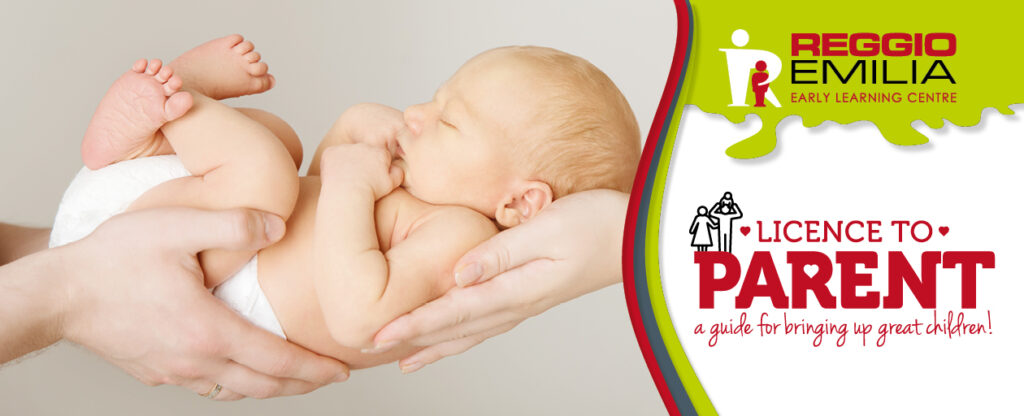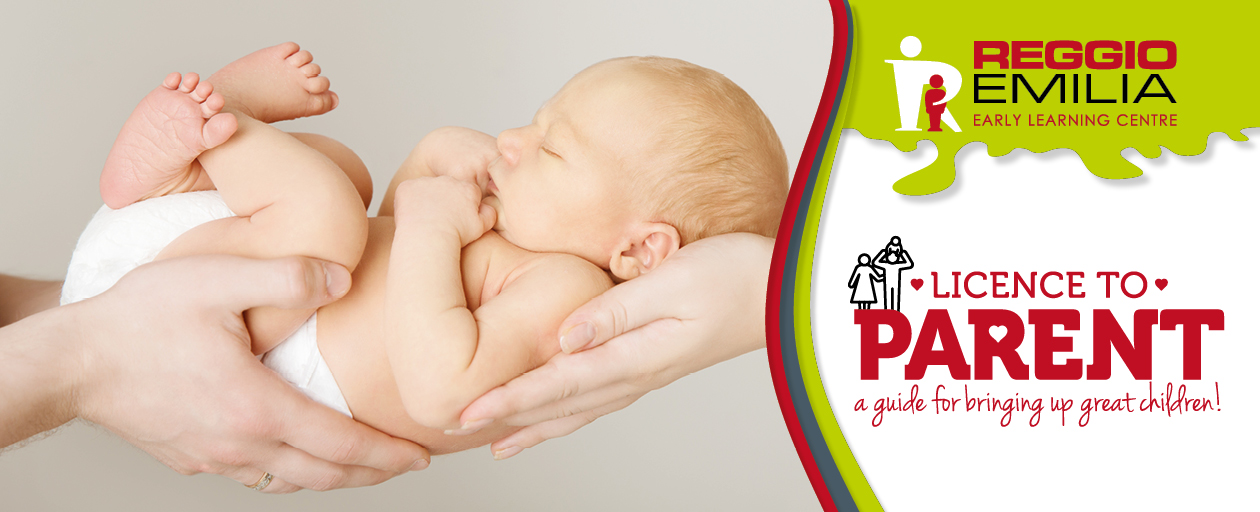
Parenting License: Exploring the Debate, Ethics, and Potential Impact
The concept of a parenting license, a proposed requirement for individuals to demonstrate competency before having children, has ignited passionate debate across various sectors of society. Proponents argue that it could reduce child abuse and neglect, improve child well-being, and ultimately create a more nurturing environment for future generations. Critics, however, raise concerns about potential violations of reproductive rights, socioeconomic disparities, and the practical challenges of implementation. This article delves into the multifaceted arguments surrounding the parenting license, examining its potential benefits, ethical considerations, and feasibility.
The Rationale Behind a Parenting License
The advocates for a parenting license often point to the alarming statistics on child abuse and neglect. According to numerous studies, a significant percentage of children experience some form of maltreatment, resulting in long-term physical, emotional, and psychological trauma. The argument is that by requiring prospective parents to undergo education and assessment, society can better equip them with the knowledge and skills necessary to provide adequate care. This includes understanding child development, effective discipline techniques, and strategies for managing stress and conflict within the family.
Furthermore, proponents suggest that a parenting license could promote responsible family planning. By requiring individuals to consider the responsibilities and challenges of parenthood, it might encourage them to delay childbearing until they are emotionally, financially, and socially prepared. This could lead to fewer unintended pregnancies and a greater commitment to raising children in stable and supportive environments.
Ethical and Legal Considerations
The idea of a parenting license raises significant ethical and legal concerns. One of the primary objections is that it infringes upon the fundamental right to reproduce. Critics argue that the state should not have the power to dictate who can and cannot have children, as this constitutes an unacceptable intrusion into personal autonomy. Such a restriction could be seen as violating principles of bodily autonomy and reproductive freedom.
Another concern is the potential for discrimination. Opponents argue that a parenting license could disproportionately affect marginalized communities, including low-income families and individuals with disabilities. The criteria for obtaining a license might be biased against certain groups, leading to unequal access to parenthood. This could exacerbate existing social inequalities and create a system where the state effectively decides who is deemed “fit” to be a parent based on subjective and potentially discriminatory standards.
The practical challenges of implementing a parenting license are also considerable. Determining the appropriate criteria for assessment, establishing a fair and unbiased evaluation process, and enforcing the license requirements would be complex and resource-intensive. There are questions about who would administer the assessments, what standards would be used, and how the system would handle appeals and challenges.
Potential Benefits and Drawbacks
Potential Benefits
- Reduction in child abuse and neglect: A parenting license could equip prospective parents with the knowledge and skills to provide better care for their children, potentially reducing instances of abuse and neglect.
- Improved child well-being: Children raised by licensed parents might experience better physical, emotional, and psychological well-being due to more informed and supportive parenting practices.
- Promotion of responsible family planning: A parenting license could encourage individuals to consider the responsibilities of parenthood before having children, leading to more planned and prepared families.
- Increased awareness of parenting resources: The process of obtaining a parenting license could educate individuals about available resources and support systems for parents, such as parenting classes, counseling services, and community programs.
Potential Drawbacks
- Infringement on reproductive rights: A parenting license could be seen as a violation of the fundamental right to reproduce, raising concerns about state control over personal decisions.
- Risk of discrimination: The criteria for obtaining a license could be biased against marginalized communities, leading to unequal access to parenthood.
- Implementation challenges: Establishing a fair, unbiased, and enforceable parenting license system would be complex and resource-intensive.
- Potential for unintended consequences: A parenting license could have unintended consequences, such as driving people to have children without a license or creating a black market for babies.
- Difficulties in enforcement: Monitoring and enforcing a parenting license would present significant logistical and legal challenges.
Alternative Approaches to Improving Parenting
Given the ethical and practical challenges associated with a parenting license, many experts suggest exploring alternative approaches to improving parenting. These include:
- Expanding access to parenting education programs: Providing free or low-cost parenting classes and workshops can equip parents with the knowledge and skills they need to raise healthy and well-adjusted children.
- Strengthening support systems for families: Investing in programs that support families, such as early childhood education, affordable childcare, and home visiting services, can help alleviate stress and improve parenting outcomes.
- Addressing socioeconomic inequalities: Addressing poverty, unemployment, and lack of access to healthcare can create a more supportive environment for families and reduce the risk of child abuse and neglect.
- Promoting public awareness campaigns: Raising awareness about the importance of responsible parenting and the resources available to parents can help change societal attitudes and behaviors.
- Enhancing child protection services: Strengthening child protective services can help identify and intervene in cases of child abuse and neglect, ensuring the safety and well-being of children.
The Future of the Parenting License Debate
The debate over the parenting license is likely to continue for the foreseeable future. As societal attitudes towards parenting evolve and concerns about child well-being persist, the idea of requiring prospective parents to demonstrate competency will remain a topic of discussion. However, any serious consideration of a parenting license must address the ethical, legal, and practical challenges it presents. It is crucial to weigh the potential benefits against the risks of infringing on reproductive rights, discriminating against marginalized communities, and creating an unworkable system.
Ultimately, the goal should be to create a society that supports all parents in providing the best possible care for their children. This requires a multifaceted approach that includes expanding access to education and resources, strengthening support systems for families, and addressing the underlying socioeconomic factors that contribute to child abuse and neglect. Whether a parenting license has a place in this future remains to be seen, but the conversation it sparks is essential for promoting responsible parenting and ensuring the well-being of future generations. The implementation of any parenting license program requires careful consideration and must prioritize the rights and well-being of both parents and children.
The discourse surrounding the parenting license also highlights the broader need for societal support for parents. Many families struggle with the demands of raising children, often facing financial strain, lack of access to childcare, and limited support networks. By investing in programs that alleviate these burdens, society can create a more nurturing environment for families and reduce the risk of negative outcomes for children. The potential benefits of a parenting license, such as reduced child abuse and improved child well-being, are undeniably appealing. However, these potential benefits must be carefully weighed against the ethical and practical challenges associated with such a policy.
In conclusion, the parenting license debate is a complex and multifaceted issue with no easy answers. While the idea of requiring prospective parents to demonstrate competency may seem appealing in theory, the ethical, legal, and practical challenges are significant. Alternative approaches, such as expanding access to parenting education and strengthening support systems for families, may offer more promising avenues for improving parenting outcomes and ensuring the well-being of children. The ultimate goal should be to create a society that supports all parents in providing the best possible care for their children, regardless of their background or circumstances.
[See also: Child Welfare Policies]
[See also: Reproductive Rights and Ethics]
[See also: Family Support Programs]

